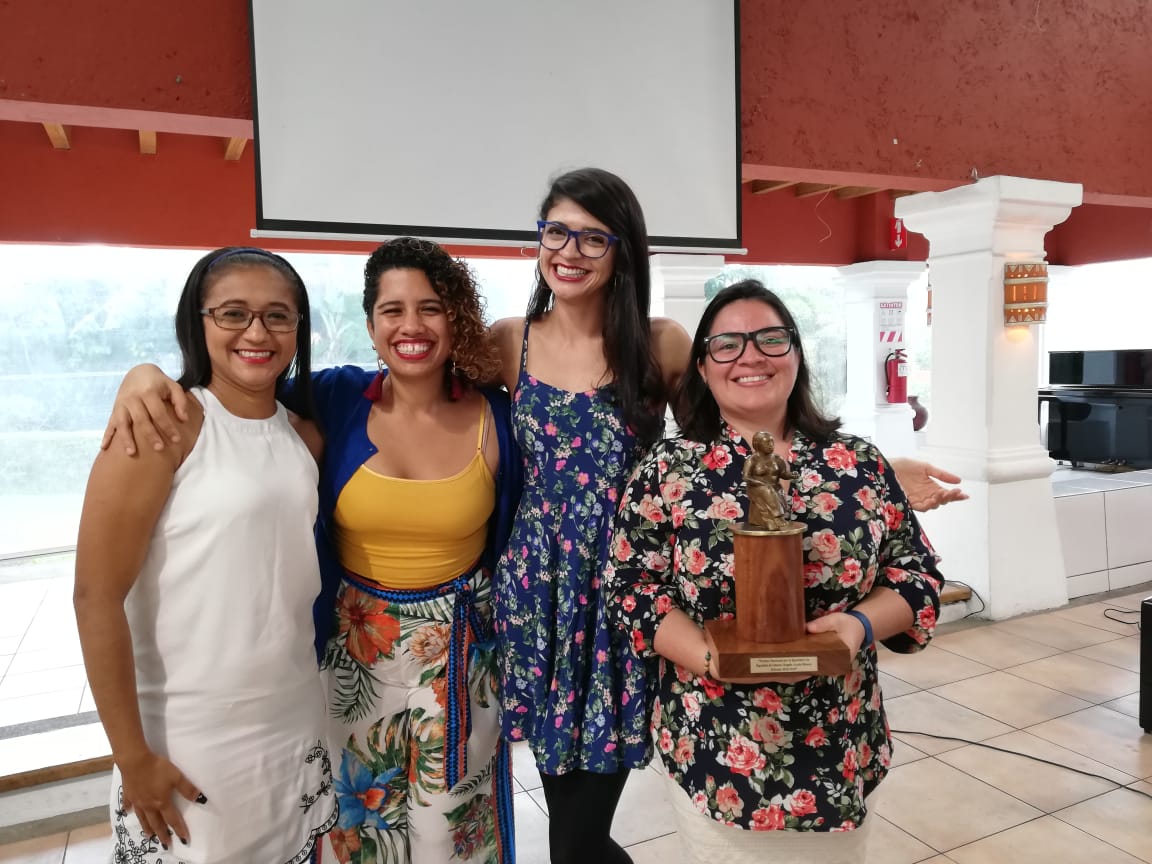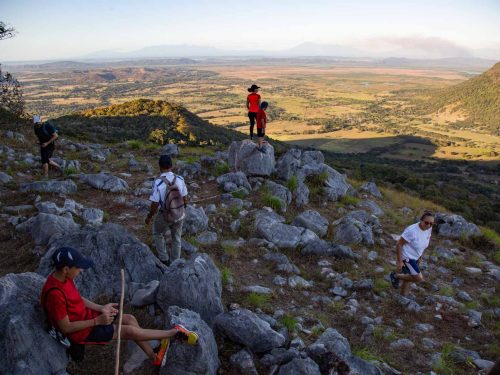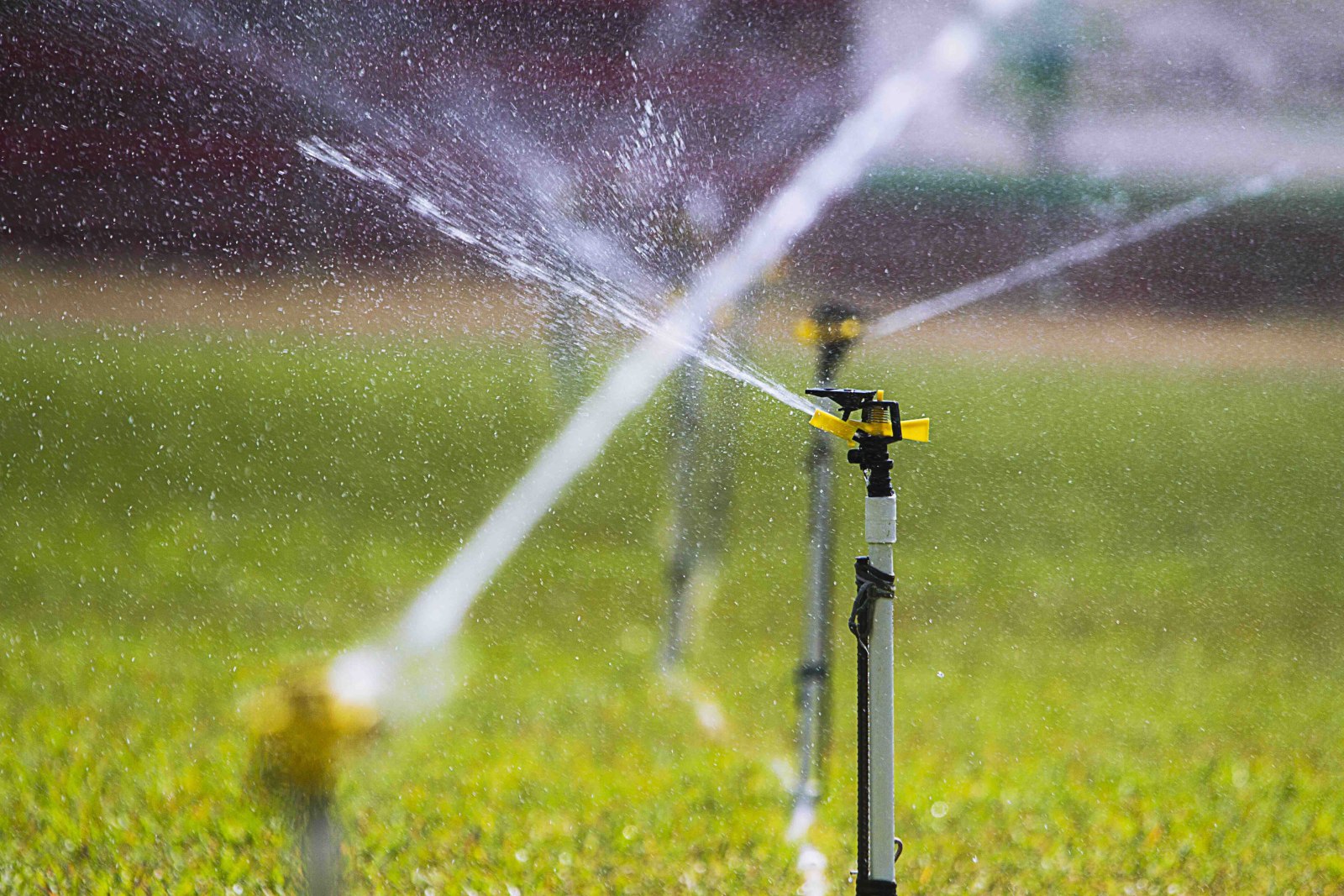
A few months ago, Chayo Chaves, a volunteer from the National Institute for Women’s Affairs (Inamu) who works on programs for preventing violence, told us that, in order to give courses on female empowerment in rural, coastal communities, she “disguises” them as arts and crafts workshops so the women’s partners let them attend. Saying “empowerment” and “women” in the same sentence would kill attendance.
She told me that, in Brasilito, the town next to playa Conchal, men started arguments because women would come home “very rebellious” and she had to calm them down, sometimes even deliberately using the stereotypes that she fights.
“But why aren’t you going to let her go? Don’t you see how nice she made the house?”
At La Voz, her anecdotes never ceased to amaze us. Do we really have to turn to these methods?” we asked her.
And yes. Of course. It’s not easy to permeate the thick layers of social defects that keep women locked up in their homes to serve their families. Chayo understood that it was worthwhile to save the lives of women.
Many of us don’t know this because it’s rare for women to tell the truth about sexist violence in rural areas.
A good part of our Guanacaste readership wouldn’t know it either if we hadn’t published a story about it in The Voice of Guanacaste. They also wouldn’t know that Guanacaste’s courts receive 60 percent more complaints for violence against women than the country average, nor that there is a good number of women that have survived extreme violence thanks to the support of institutions and friends who help them file criminal complaints.
We have been covering human rights in the province intensely for more than two years, from violence against women to waves of migrants. We are convinced that our work is helping build a more solid democracy in which all of us belong.
No people can call itself developed or sustainable without women having full access to all the opportunities their significant others have. And having access to quality information is crucial for this to occur.
Local journalism and a focus on gender is a powerful mix and the National Institute for Women’s Affairs recognized how important this combination is.
Thanks to you, our readers and our donors, the local journalism that we practice is stronger today than it was yesterday.
The Ángela Acuña Braun award raises the bar for quality and our commitment to covering human rights. We continue needing you in order to strengthen this work. Next year, we want to investigate further regarding women’s rights in hospitals, promote a dialog about sexual education in Guanacaste and systematically cover the causes of violence against women.
But we can’t do it alone. Your help goes from sharing this article with your friends to subscribing in order to provide us with the equivalent of one lunch per month. Your support will have an impact across Guanacaste, the province that we all love so much.







Comments